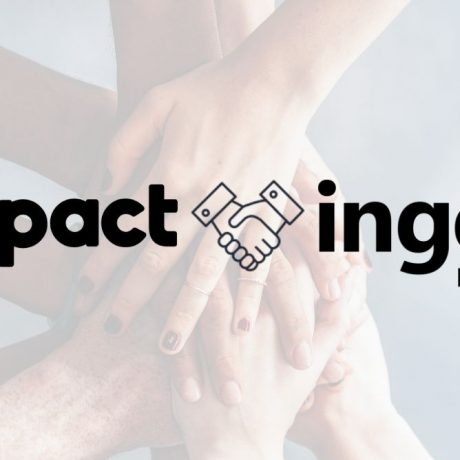This is a 6 part blog series on strategising, planning, budgeting, and implementing social value. The aim is to present the key principles of efficient, meaningful and commercially viable social value delivery.
Rethinking the Role of VCSEs
It is time to radically rethink the traditional concept of supply chain partners and include VCSEs. Companies use countless suppliers in their work so why should VCSEs not be used as suppliers for the delivery of social value? Social value forms a significant part of contract work nowadays and properly implementing social value practices is a diverse process which requires extra labour. It is only logical that VCSEs, who are experts in their fields and have been doing social value work for decades, should become partners in the delivery of social value.
Partnering with local and nationwide VCSEs is the most effective way of delivering social value in various ways. Their local knowledge, experience, and existing relationships with beneficiaries, will guarantee impact and maximise social value outcomes. Additionally, since public sector contracts are time-bound social value must have a legacy, which is best maintained by local VCSEs. VCSEs continue to deliver value after the contractor has left or changed. It is time to recognise their role in sustainable social value delivery. The VCSE sector should be seen as ‘social value supply chain partners’.
The Benefits of Partnerships
Delivering social value through employment and training is one of the key outcome criteria in most tenders. There is a general misconception that achieving goals related to employment and training must rely on a company’s internal resources. SMEs in particular may struggle to add on these activities and extend their HR capacity. Collaborating with VCSEs can be highly advantageous in relieving offsetting HR capacity and supporting individuals through their employment. Employees can receive holistic pastoral support and the company benefits from expertise and local knowledge, maximising impact on all sides.
If a company commits to hiring a certain number of people facing barriers to work and hires someone homeless, they may face difficulties at every stage of their usual hiring process. Traditional methods of advertising will be less effective; candidates may not have a CV and struggle interviewing and if hired they may face challenges external to work. Partnering with a VCSE with expert knowledge and the ability to tackle these challenges can be incredibly beneficial, to the company and the candidates. VCSEs have established contacts and work with people in the local area facing barriers to employment; they can offer support throughout the hiring process and they can train hiring managers and employers in best practices. They can offer long-term support during their employment and help with problems outside of work like unstable housing or addiction that employers are simply unequipped to help with. VCSEs offer the long-term, wrap-around support that companies cannot.
Complex needs are best addressed with expertise and a targeted approach. Companies are often forced to create practices that are not relevant or suitable for their business or industry. Internally setting up processes to deliver social value can be time-consuming and costly, and may not deliver the best results due to a lack of expertise and local knowledge.
Another example that is a key outcome criteria in tenders is improving the environment. Businesses may want to set up internal practices to target e.g. reforestation, air pollution or climate education. However, it is illogical for an unrelated industry to spend time and money becoming experts in tree planting or air quality when they could collaborate with experts. VCSEs work on a grassroots level on projects with a proven impact. A company could plant 100 trees to fulfil their requirement but the logistics of finding volunteers, materials and time are complicated. And after that long-term impact should be measured and reported on. Alternatively, a VCSE dedicated to reforestation can identify areas that would benefit most from increased green space, they already have the materials, expertise and manpower but also your employees can volunteer and gain real learning and experience and feel that they are making an impact. VCSEs have the expertise to monitor tree growth and ensure their survival and impact beyond the contract period leading to a strong social impact legacy.
Effective Supply Chain Partners
Partnering with VCSEs can help to deliver tangible, measurable and long-term benefits to individuals and the local community rather than spending time and money on ‘box-ticking’ KPIs. They can also help companies improve their knowledge and processes and lead to long-term benefits.
How can VCSEs become effective supply chain partners? The logistics can be complicated and time-consuming. The key to enhancing these processes is to harness available technology, otherwise, with the money and labour invested into carrying out the social value, companies are not generating a return on their investment. whatimpact offers a comprehensive, technological solution. The platform is a marketplace, that matches the most suitable VCSE partners with companies. It makes finding a partner, establishing a partnership and reporting on the social impact delivered simple and easy.





